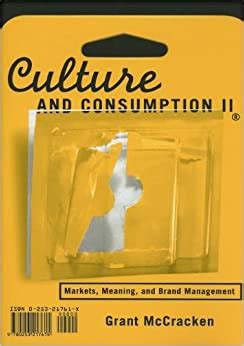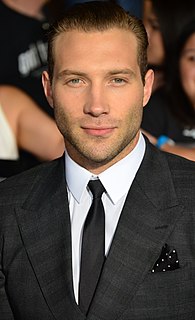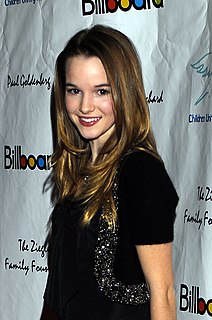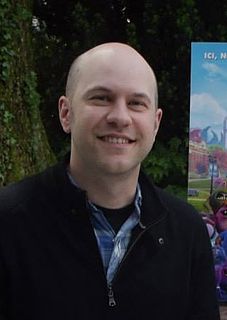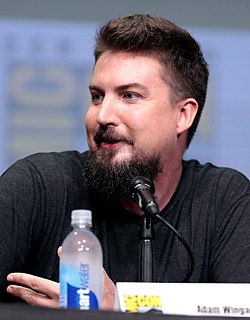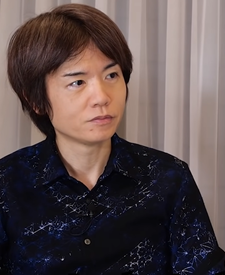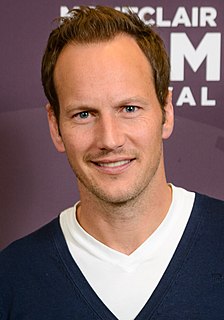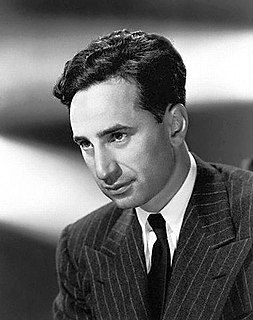A Quote by Jonathan Levine
There's so often - in filmmaking, you're backed into something that already has these set parameters, whether it's a sequel or a book that people love.
Related Quotes
I love that about filmmaking - seeing final product and getting to see everyone else that you don't necessarily engage with on set every day and getting them to showcase their talents. Whether it's effects, music, the edit, the rhythm of a film is driven by that, so it's cool to see it come together. It's great to be standing in front of something you're genuinely proud of.
I think auditions are set up for failure because they're not really the set experience. There's no time to develop the character. You're just looking at someone... if someone's really good in an audition, sometimes they're not good in the film. It's something you learn when you're doing short films. It's the same way that some people do well at taking tests and some people don't. But when you're on a long-term filmmaking process it's a completely different feeling.



